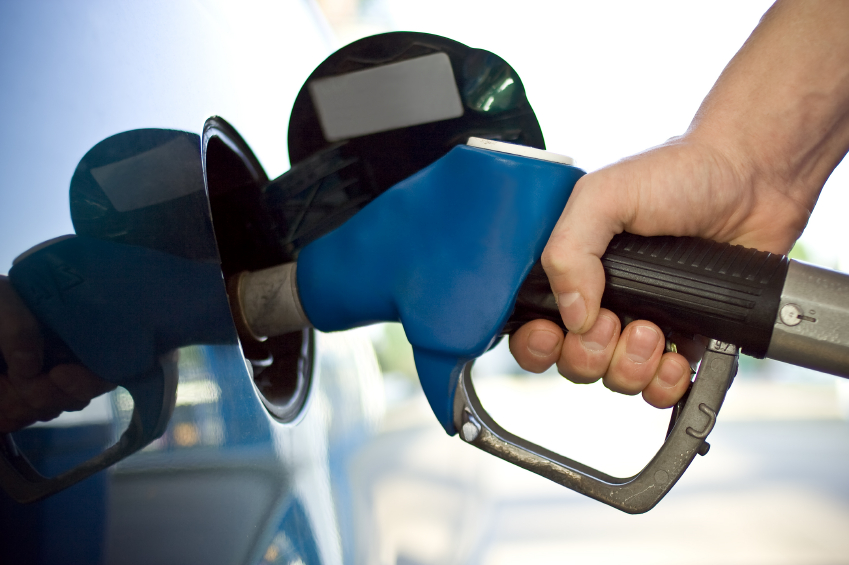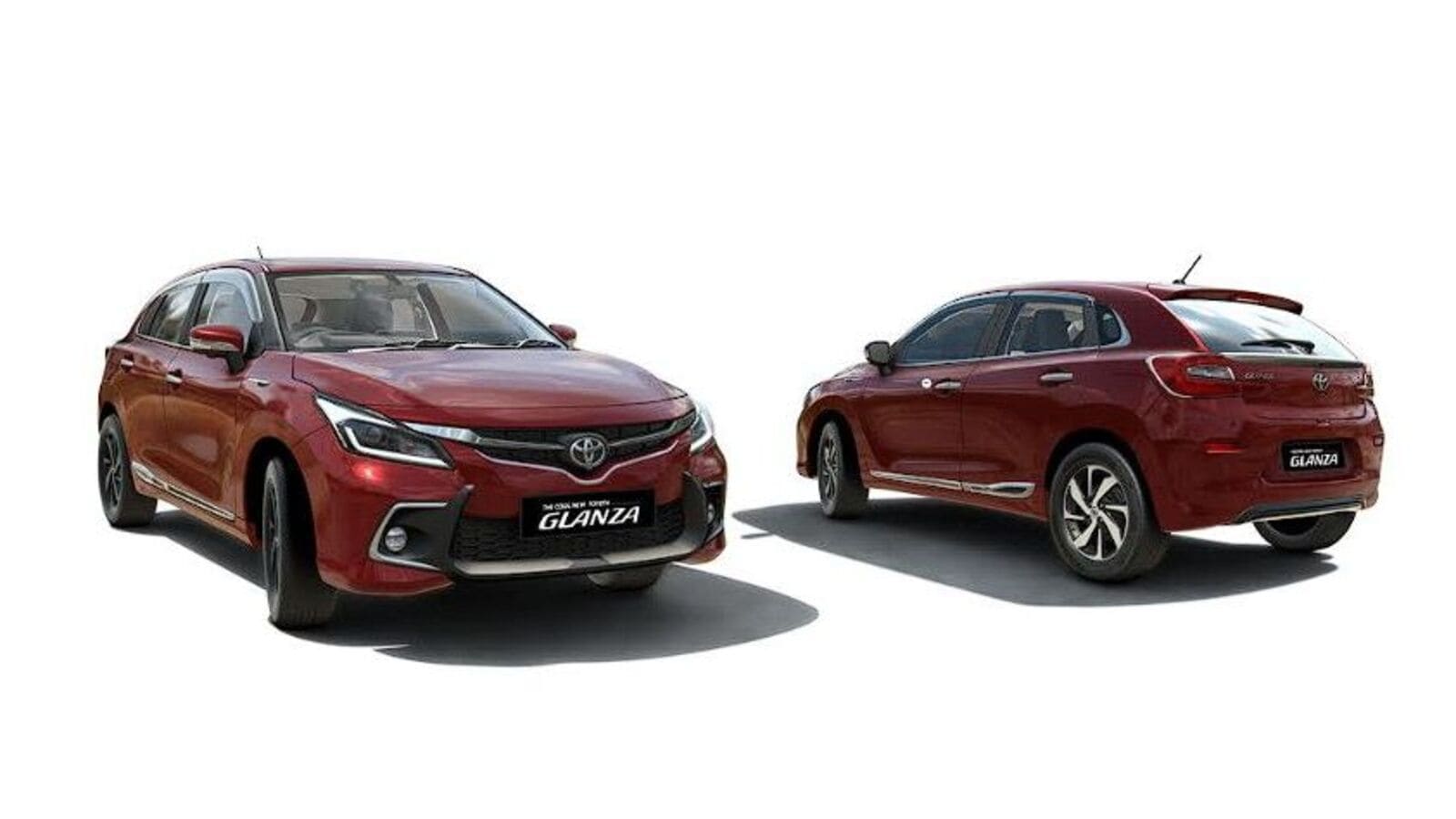- Car shoppers continue to prioritize fuel economy, according to the latest survey from Consumer Reports
- 96% of respondents said fuel economy was at least somewhat important when considering what vehicle to purchase
- Respondents believe the burden is on automakers more so than the government to increase fuel economy
A majority of Americans support stricter fuel economy regulations, according to a new Consumer Reports survey.
For this survey, Consumer Reports asked 2,191 American adults about the importance of better gas mileage between August and September 2024. Of that sample, 91% drove internal-combustion cars—and appeared keenly aware of the environmental and economic impact of burning fossil fuels.
The vast majority of survey respondents—96%—said fuel economy was at least somewhat important when considering what vehicle to purchase or lease, while 66% said it was “very important” or “extremely important.” Just 4% said it was unimportant.
2025 Toyota Prius
Fuel economy was the most common attribute respondents pointed to as having room for improvement in new vehicles, something that’s been consistent across eight nationally representative surveys conducted by Consumer Reports over nine years. That perspective was also bipartisan, with majorities of both Democrats and Republicans saying automakers should continue to improve fuel economy.
Such improvements should also be federally-mandated, respondents said, with 64% saying the government should continue to increase fuel-economy standards. That’s perhaps because the buying public doesn’t trust automakers to improve efficiency on their own. Just 27% agreed that automakers care about lowering fuel costs.
And while many Americans would consider paying more up front for a hybrid if the extra cost was made up in fuel savings over the course of ownership, they represented a much slimmer majority of 52%.

Vehicle lifetime fuel savings since 2001 (via Consumer Reports)
Steadily-increasing fuel-economy standards have already delivered significant savings regardless of what cars Americans are buying, though. In a separate analysis, Consumer Reports found that, taken together, tougher standards have delivered fuel savings of over $9,000 compared to vehicles from 2001. An additional $6,000 in savings could be achieved by the 2029 model year, if current standards remain in place, Consumer Reports noted.
An update to Corporate Average Fuel Economy (CAFE) standards confirmed in 2024 covers model years 2027-2031, and calls for fuel-economy improvements of just 2% for passenger cars and 2% for light trucks during those model year. The EPA estimates that its corresponding rules will require 56% EVs by 2032, plus an additional 13% plug-in hybrids. That’s a slower rollout than the 67% EV share originally proposed.
Even these small improvements could come under threat by an incoming Trump administration that favors Big Oil over reducing emissions. But as Consumer Reports points out, such policies could also cheat voters out of savings at the pump.




